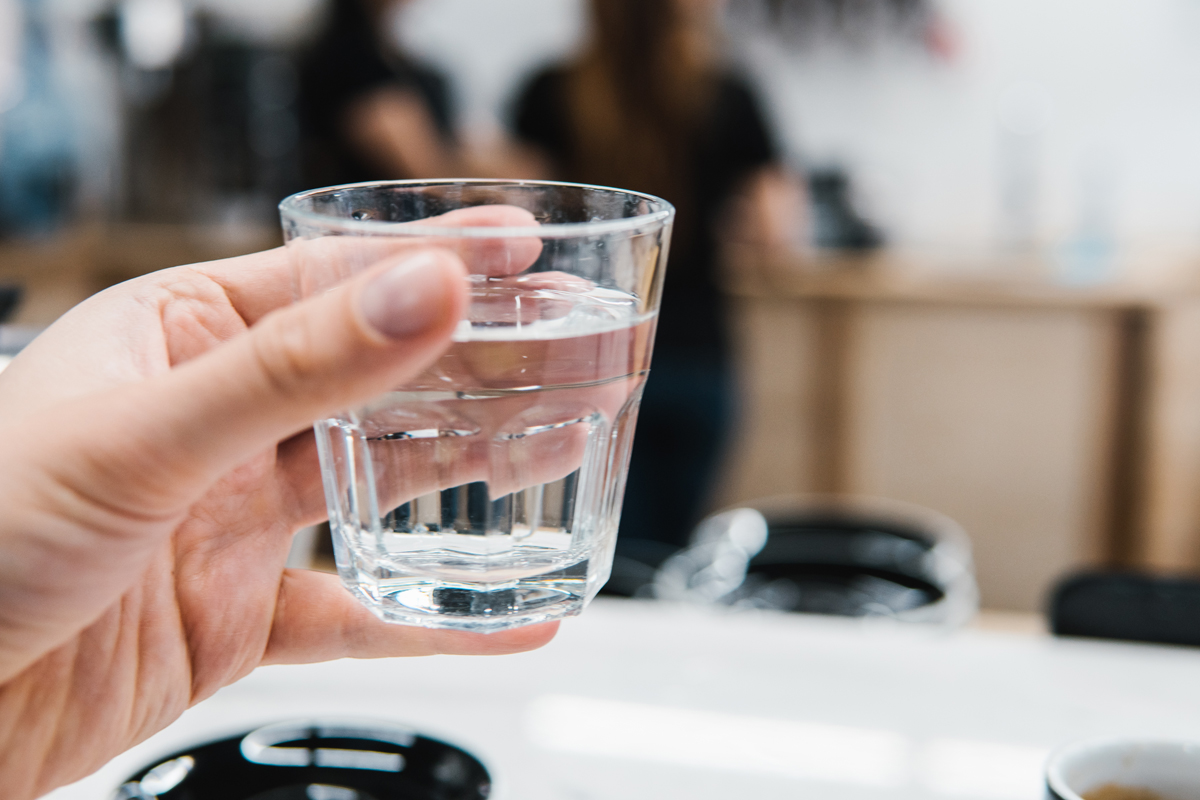There are several benefits to using a water softening system, but many will wonder if it is safe to drink softened water. The answer is, yes, soft water is safe to drink for the majority of healthy adults.
What Is Soft Water?
Fist off, it is important to distinguish between softened water and soft water. Naturally soft water, deionized or reverse osmosis water, needs minerals, the universal solvent. Softened water, where ion exchange replaces hardness mineral ions with ions that are more soluble, will not be aggressively corrosive.
It’s also important to understand soft water is not the same as pure water. The TDS (total dissolved solids) of zero soft water is nearly the same as the unsoftened original supply.
Is It Safe To Drink Softened Water?
Softened water is considered safe to drink for most healthy adults because it features a minimal amount of added sodium. Plus, the minerals removed are found much more plentiful in a lot of common foods.
However, there are a few important things to consider when it comes to the safety of soft water. For instance, if you have been medically advised to follow a low-sodium diet because of a health concern, drinking soft water could have a negative impact on your overall health. Always speak to your doctor to see if softened water is safe for you to drink.
How Much Sodium Does Softened Water Contain?
The good news is softened water does have a very low sodium content. Even if your water is hard, the amount of sodium that replaces the hardness ions will not be dangerous.
On average, an 8oz glass of softened water contributes to about 1% of your daily sodium intake.
How To Soften Water
Some benefits of soft water include improved lathering, efficient cleaning, and reduced scale buildup. Here are a few ways homeowners can soften their water naturally.
Boil And Cool
Boil the hard water for at least 1-2 minutes to improve its taste. Of course, let the water cool before drinking it. While boiling and cooling the water won’t eliminate minerals, it will improve the overall taste.
Treat With Vinegar
You can soften your clothes during the rinse cycle by adding a cup of vinegar to the wash. For limescale buildup, try soaking faucets and showerheads overnight. This will dissolve minerals and leave the areas sparkling clean.
Use Baking Soda
The use of baking soda can minimize hard water’s impact on laundry. Simply do this by adding half a cup to your washing machine along with your normal detergent.
Add Citrus Fruits
You can also use lemon juice to combat limescale with a pleasant scent. Rub this onto fixtures and faucets, then rinse with water.
Install Water Softener
Water softeners utilize ion exchange to combat hard water. Resin beads within this softener will swap out both calcium and magnesium for sodium. This ultimately reduces the hardness of the water. Use this approach when attempting to prevent limescale buildup and improve soap effectiveness.
Distillation
Distillation involves boiling water to create steam that is then condensed back into liquid form in a separate chamber. This removes unwanted contaminants and minerals from your drinking water. However, this process is not very efficient and requires lots of heat to begin and maintain the boiling phase.
Salt Works USA In Arizona
At Salt Works we strive to meet the salt delivery needs for the entire Phoenix valley. Proudly serving the great state of Arizona for over 20 years, Salt Works has become a leading provider for salt and water treatment needs by earning the trust of our valued customers. We promise to build on our strong foundation and reputation through exceptional customer service and quality of our products. Contact us today!






